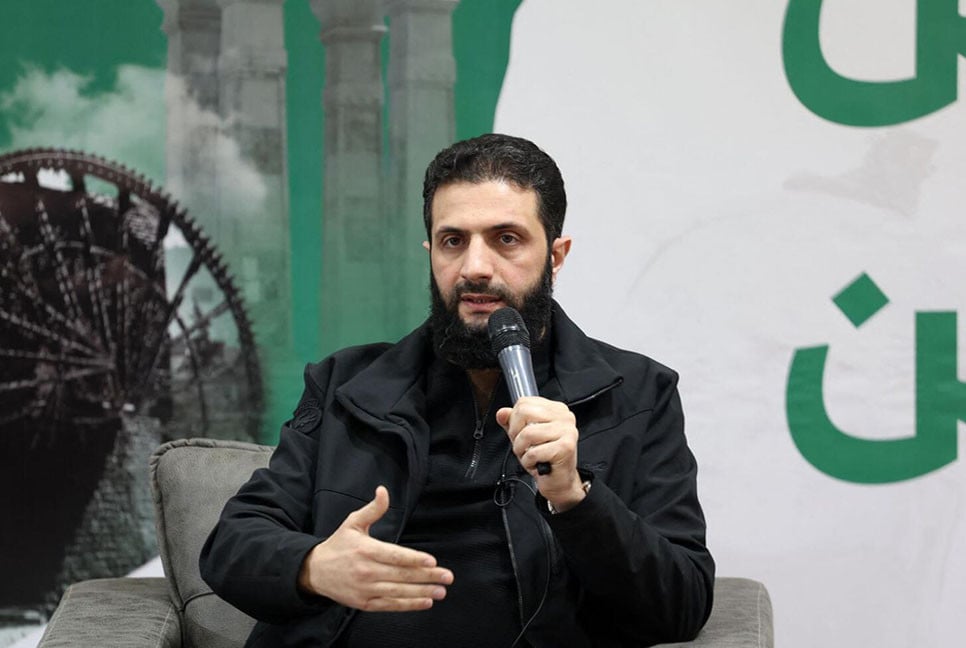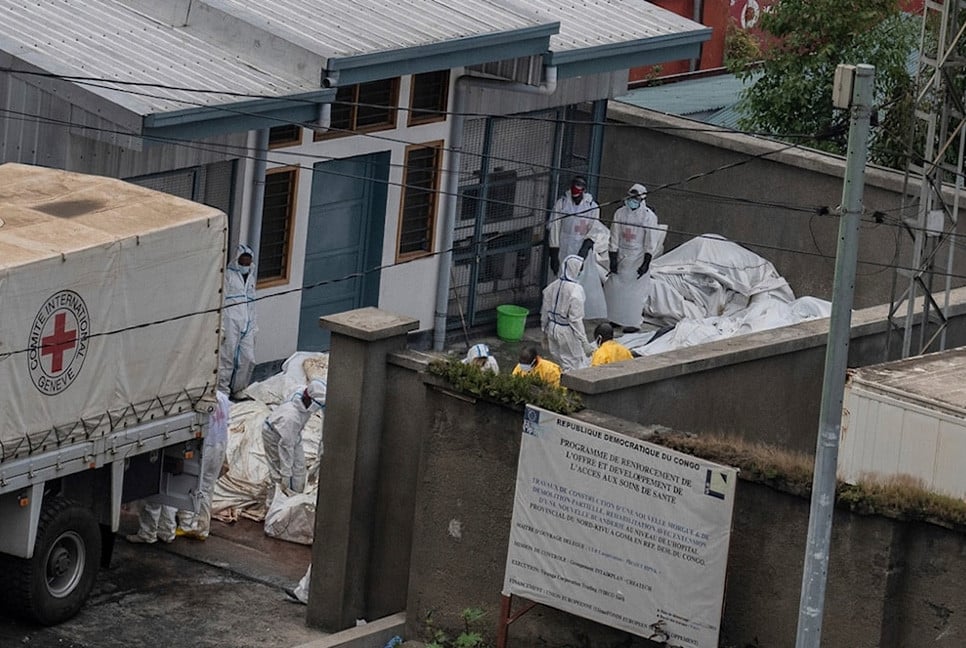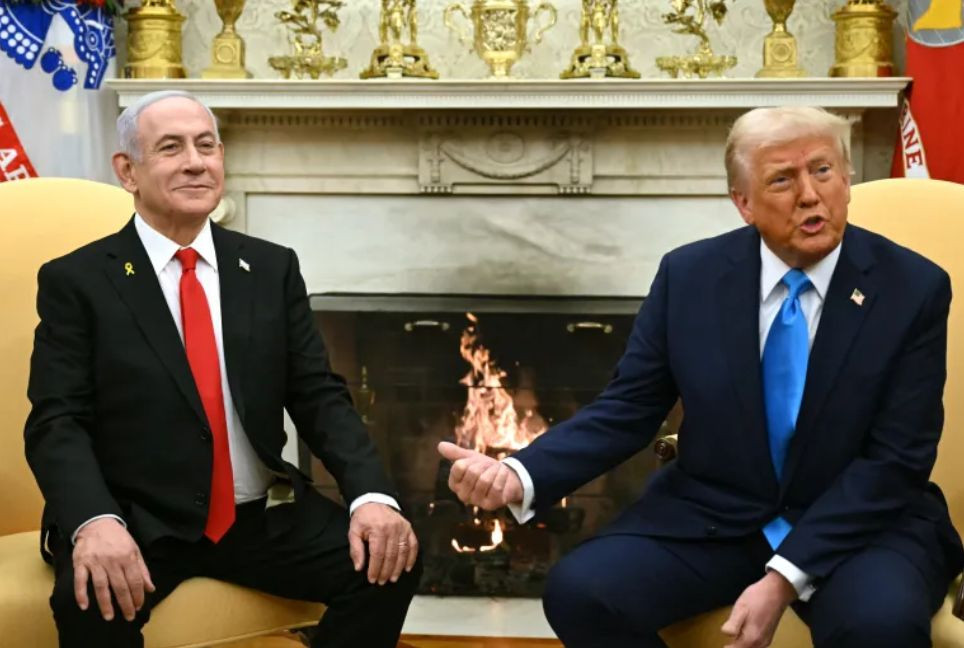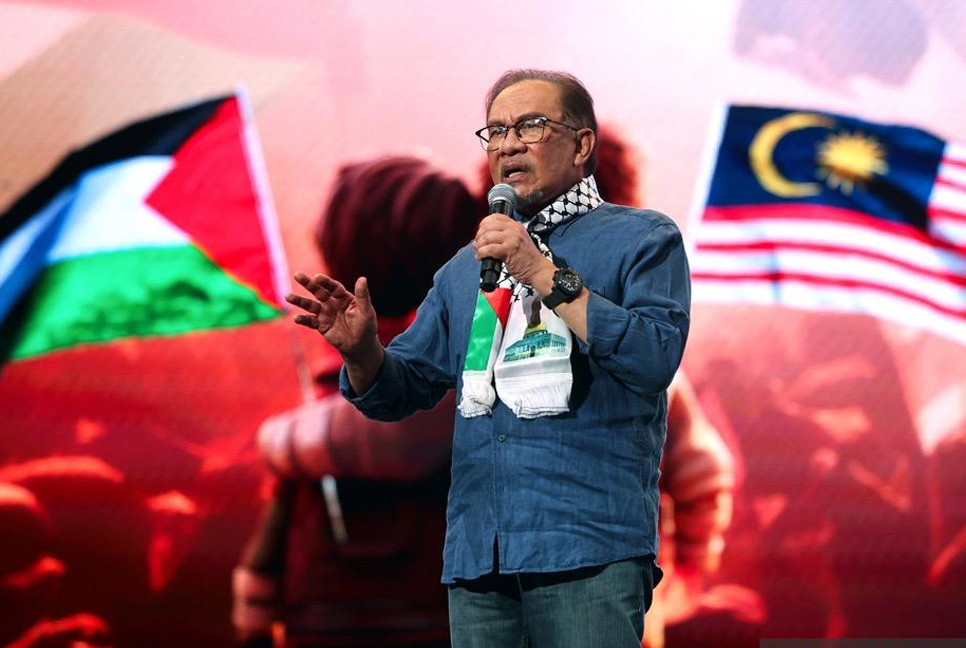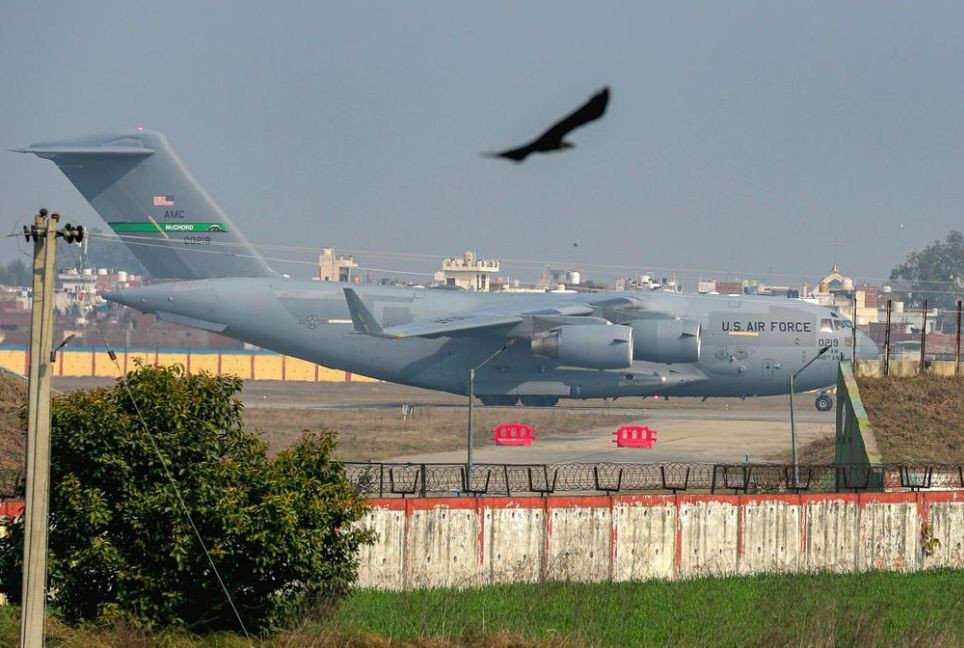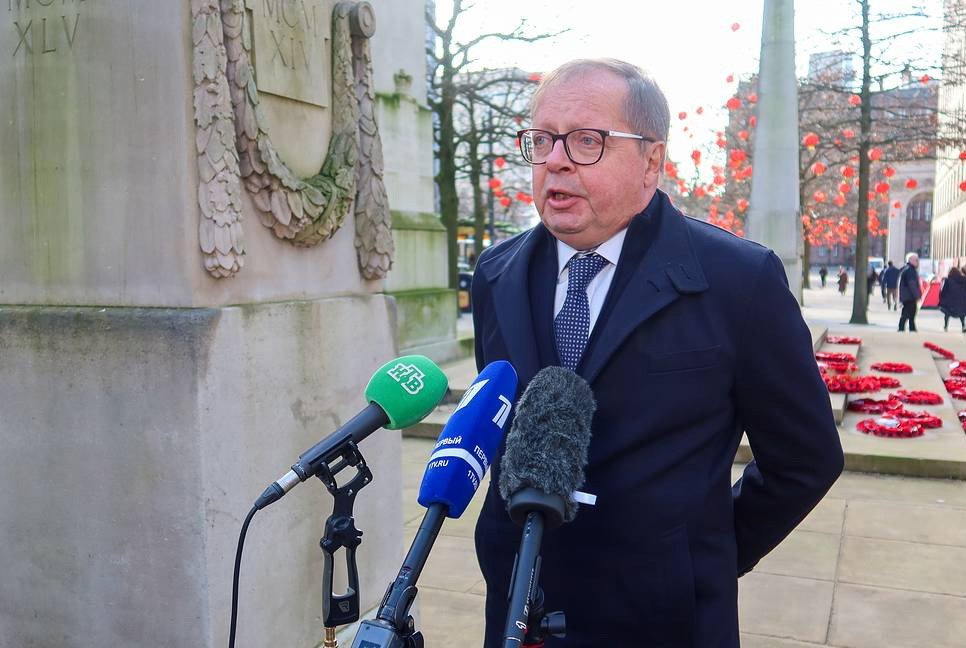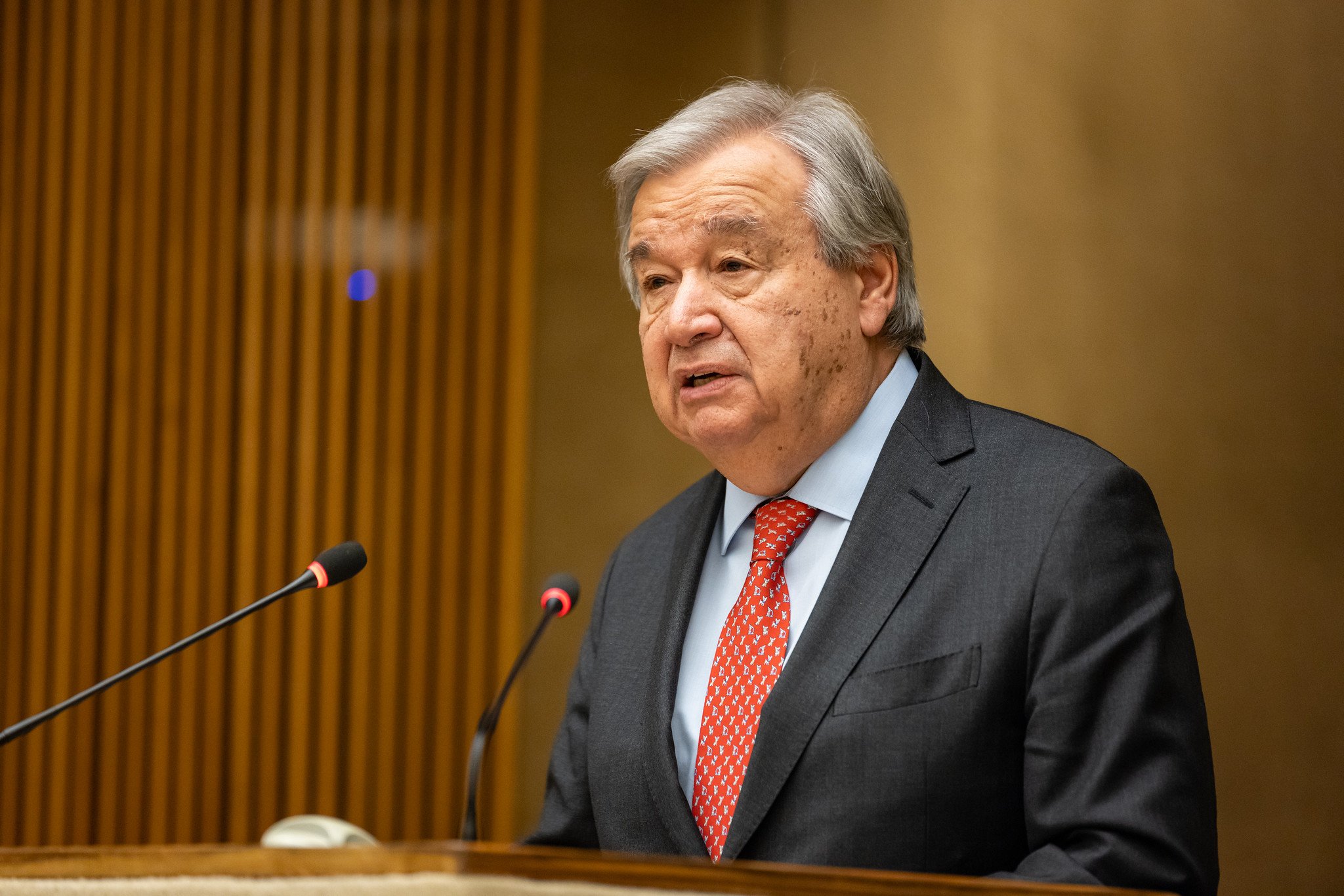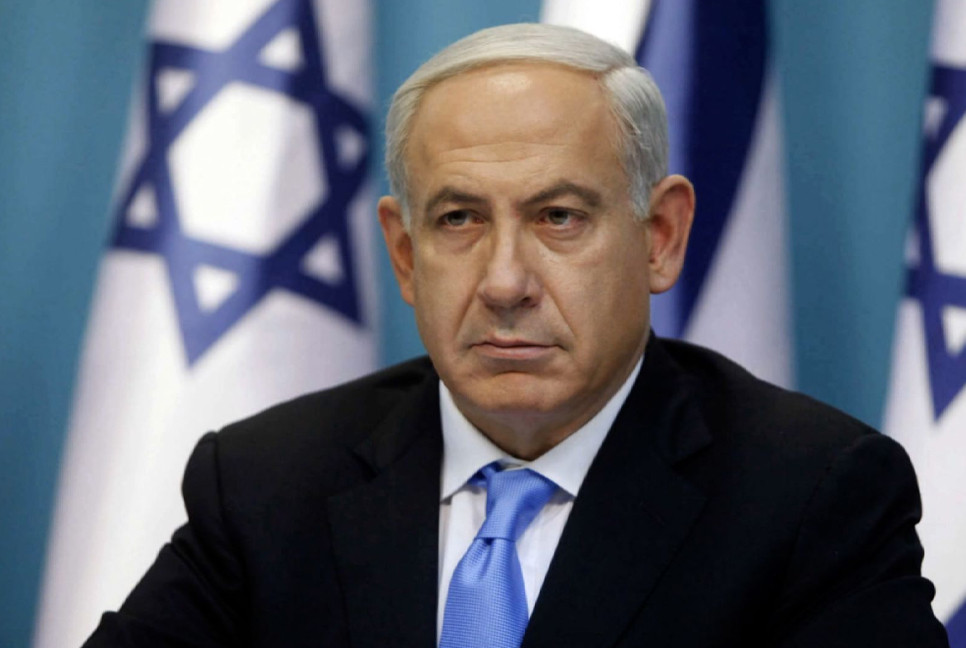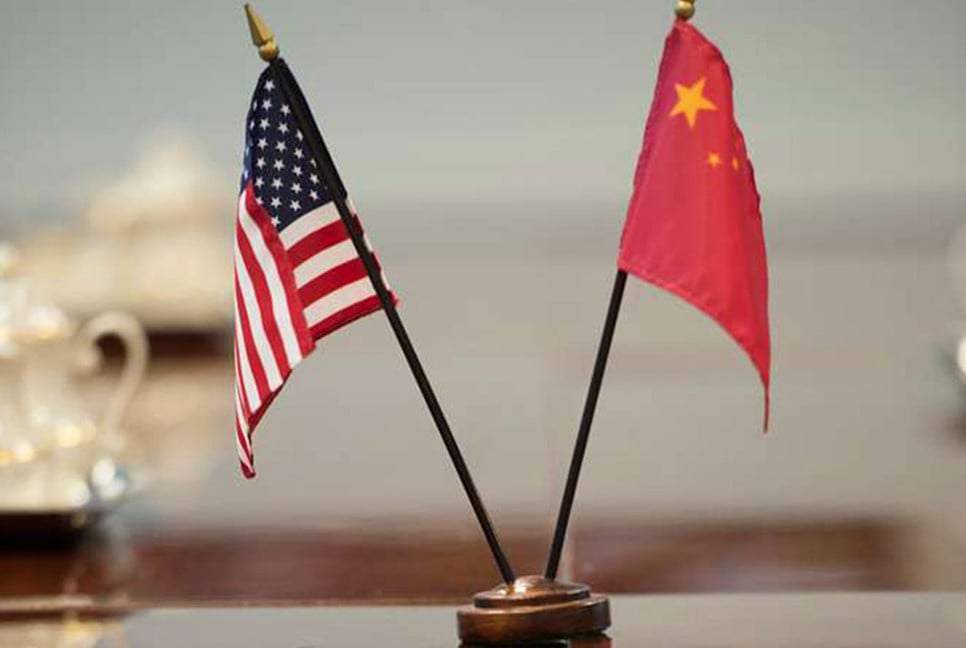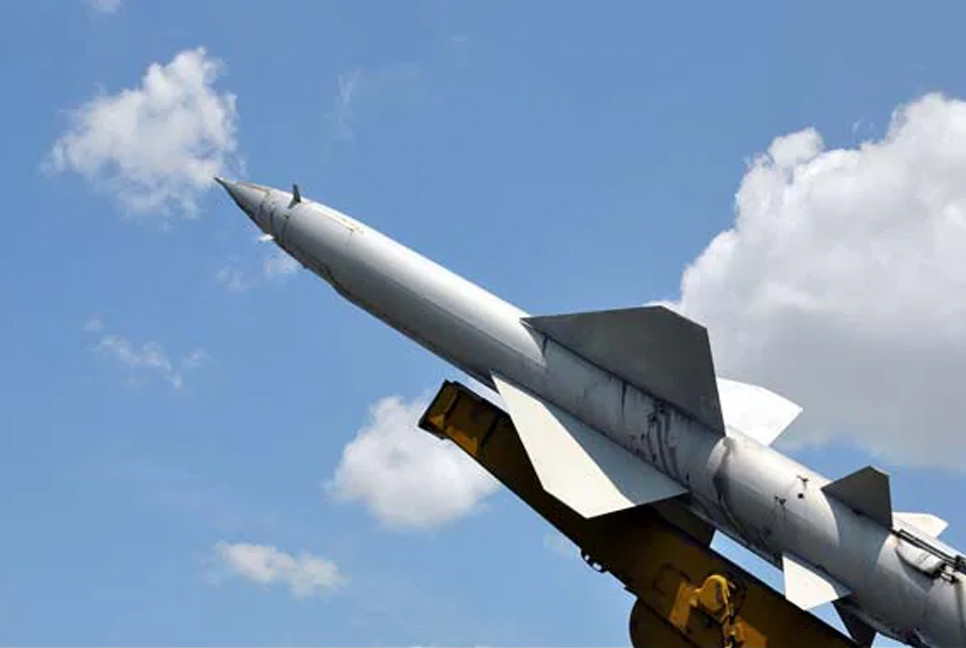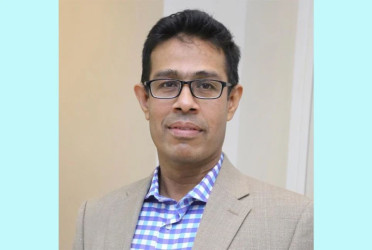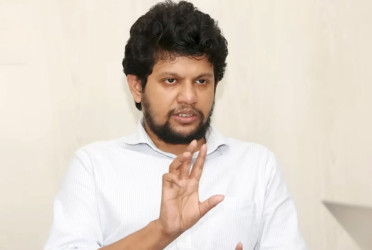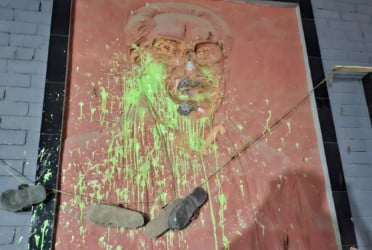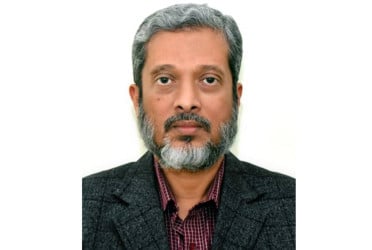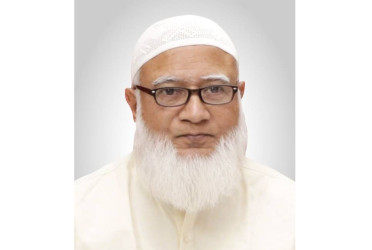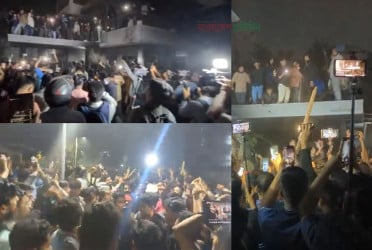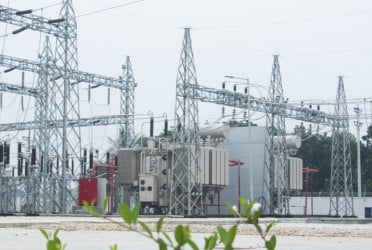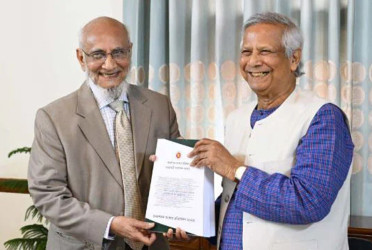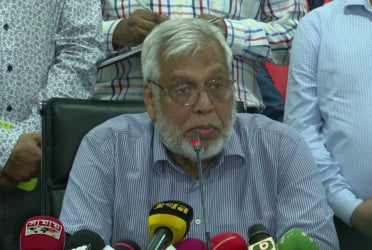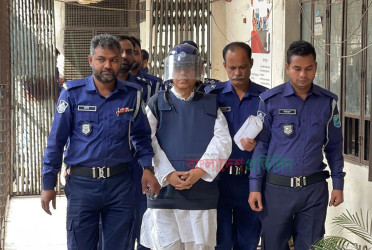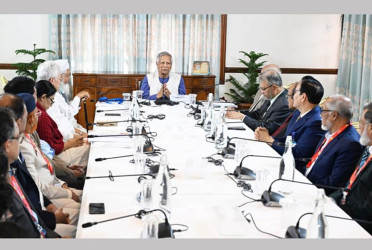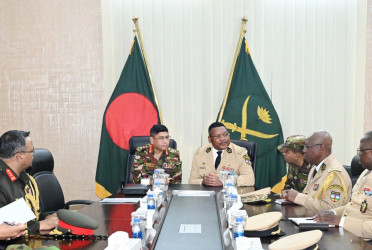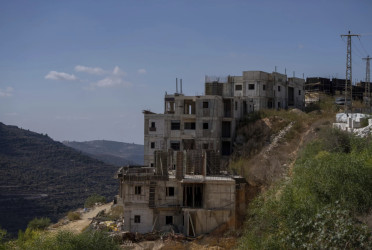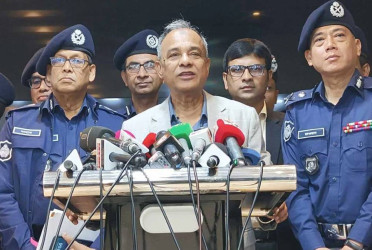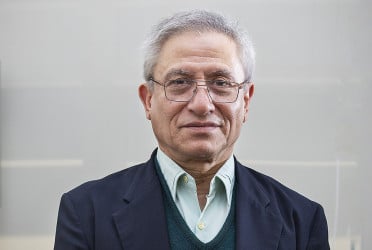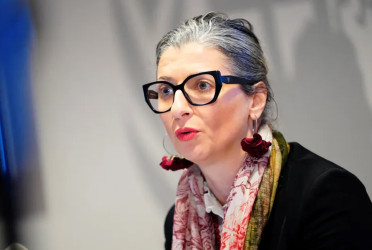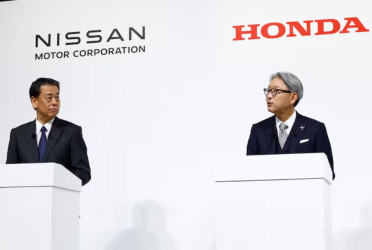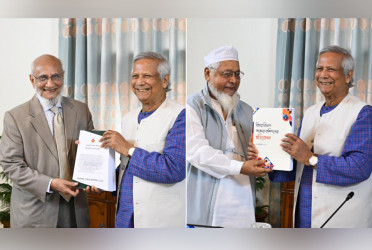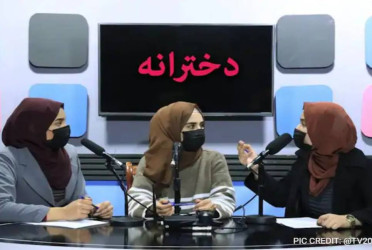Abu Mohammed Al Julani, the leader of Hayat Tahrir al-Sham (HTS), has emerged as a central figure in Syria's political upheaval, steering an alliance of rebels that claims to have ended President Bashar Al Assad’s decades-long rule and the Baath Party's dominance. Once deeply rooted in extremist ideology, Julani has undergone a transformation, presenting himself as a pragmatic and more moderate leader in recent years.
A Shift in Strategy and Image
Since breaking ties with Al Qaeda in 2016, Julani has worked to shed his extremist image, appearing more as a political leader than a militant commander. He no longer dons the turban associated with jihadists, often opting for military fatigues or casual attire. His appearances, including visits to Aleppo's citadel during the recent offensive, signal his efforts to connect with the population and project a more statesmanlike persona.
On Sunday, as rebels declared Damascus free of Assad’s rule, Julani instructed his forces to avoid targeting public institutions, signaling a calculated approach to governance. Despite his softened rhetoric, suspicions persist among analysts and Western governments, which still classify HTS as a terrorist organization.
A Complex History
Born Ahmed Al Sharaa in 1982 in Damascus’ upscale Mazzeh district, Julani hails from a well-off family and was known as a bright student. His nom de guerre references his family's roots in the Golan Heights, from where they were displaced following Israel's annexation in 1967.
Julani’s turn to extremism reportedly began after the September 11 attacks. He joined Al Qaeda in Iraq under Abu Musab Al Zarqawi and was imprisoned for five years during the U.S.-led invasion of Iraq. Upon his release, he returned to Syria in 2011 as the uprising against Assad began, founding the Al Nusra Front, Al Qaeda’s branch in Syria.
In 2013, Julani refused allegiance to Abu Bakr Al Baghdadi of ISIS, pledging instead to Al Qaeda’s Ayman Al Zawahiri. By 2016, however, he severed ties with Al Qaeda, a move analysts saw as an attempt to rebrand his group and distance it from global jihadism.
Consolidation of Power
Julani’s leadership of HTS saw the group dominate opposition-held territories, particularly in Idlib province. He consolidated power by absorbing rival factions and establishing a civilian governance structure in areas under HTS control. However, HTS has faced accusations of war crimes, including suppression of dissent and abuses against civilians, which Julani has sought to downplay.
A Calculated Leader
Julani has positioned himself as a "realist" among supporters and an "opportunist" to detractors. His recent statements, including assurances to Aleppo’s Christian minority, reflect a calculated effort to quell fear and avoid domestic and international panic.
“Julani understands the power of perception,” said Aron Lund of Century International. “By presenting himself as a responsible leader rather than an extremist, he increases his chances of consolidating power. Whether this moderation is genuine or strategic remains an open question.”
As Syria grapples with its uncertain future, Julani’s transformation from shadowy extremist to prominent political figure highlights his adaptability—and the challenges that lie ahead for the nation and its people.
Source: Khaleej Times, Al Jazeera
Bd-pratidin English/ Jisan

